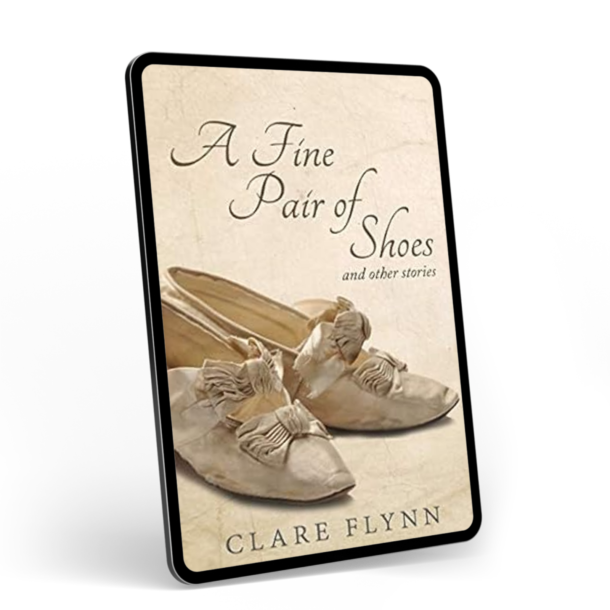It was only after I’d finished the first draft of my second novel that I realised it had something in common with the first. Then after sketching out a rough outline of novel number 3, I’ve realised that I’m exploring a similar theme there too. That theme is displacement – characters who are uprooted from familiar surroundings and way of life and plonked somewhere else where they effectively have to learn to be someone else.
This kind of displacement means learning different things about oneself. It means facing challenges and expectations that often the previous life has not prepared one for. It’s something that happens as a result of unforeseen events and circumstances – and is very different from a planned move.
Elizabeth Morton in A Greater World is perfectly happy where she is. Her life is comfortable, undemanding and privileged. Within 24 hours and through no fault of her own she finds herself on a ship to Australia. A one-way voyage that is unplanned, unwanted and completely unpredicted.
Ginny Dunbar in Kurinji Flowers is a London debutante, whose widowed mother confidently expects will bag herself a husband straight off the pages of Debretts. Instead Ginny is transplanted at 18 years old into life as an Indian tea planter’s wife, expected to socialise with the dull snobs at the Club and uncomprehending of the local Indian culture.
In these days of the connected digital world, global travel and multiculturalism, where when we pick up the phone to speak to the bank or the utlity provider we are as likely to find ourselves speaking to someone in Bangalore as Birmingham, it’s hard to identify with what displacement would have signified for previous generations.
The picture above is Ford Madox Brown’s The Last of England, apparently painted when FMB himself was thinking about emigrating to India due to his straitened circumstances. At the time of the painting his friend, the sculptor, Thomas Woolner, had just emigrated to the Australian goldfields. The painting uses FBM and his wife and children as models (his little girl is the blond in the background and the baby’s tiny fingers appear in his wife’s hand). Although clearly preoccupied with the idea of emigration, he stayed put and died in England.
I have asked myself what drew me to displacement as a theme (even if subconsciously) and think it probably traces to the frequent moves of my childhood. My father’s job and progress up the career ladder necessitated almost annual moves for the whole family, forcing me to go through the process of being “the new girl” every September. I suspect it has created a restlessness and desire for change in me that has resulted in my own frequent relocations to different countries and cities and my addiction to property websites. I am learning to wean myself off this addiction to change – I have lived in Chiswick now for 16 years (although in my current home for only 6). Instead I travel with work , for research and for pleasure and pour my desire to inhabit different worlds and live new experiences, into my writing. But as long as I keep skimming through the property pages you never know.


0 Comments